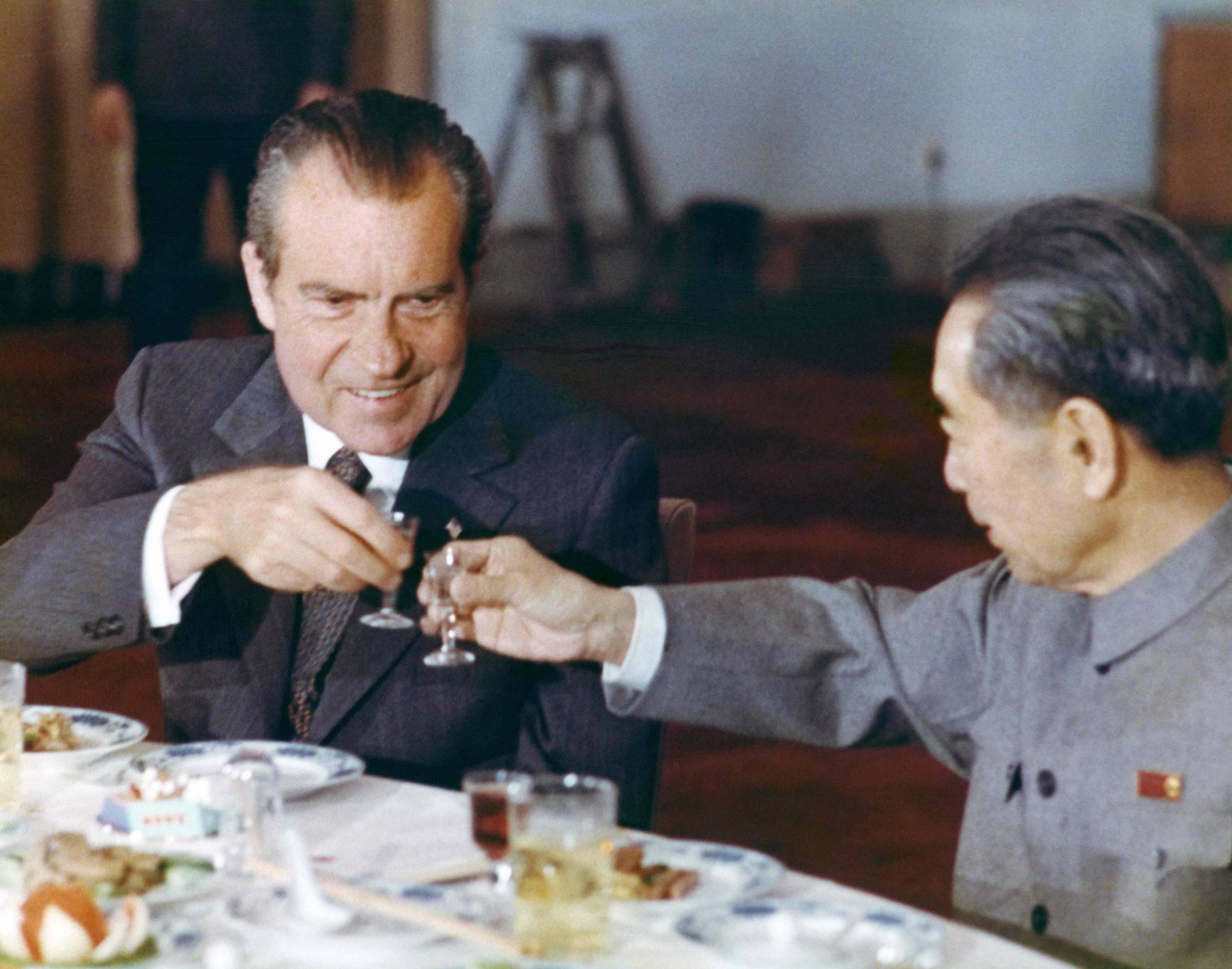With China currently the only country capable of unseating America as the leading global power, many in Washington may wish that U.S. President Richard Nixon had never made his historic trip to China 50 years ago this month.
In their revisionist narrative, it was Nixon’s meeting with Communist Party of China Chairman Mao Zedong and the policy of engagement it initiated that helped make China an economic superpower and a geopolitical threat to America. For these critics, the Nixon visit, far from being a stroke of diplomatic genius, was one of history’s greatest strategic blunders.
But such revisionist arguments discount the substantial benefits the United States gained from Nixon’s gambit and the decades of U.S.-China engagement that followed. Although China did not directly assist the U.S., Nixon’s visit shifted the perceived Cold War balance of power and influenced the strategic calculations of both the Soviet Union and North Vietnam, resulting in immediate U.S. gains. America and the Soviet Union signed the first nuclear arms control treaty (SALT I) in May 1972 and the U.S. extricated itself from Vietnam a year later.


















With your current subscription plan you can comment on stories. However, before writing your first comment, please create a display name in the Profile section of your subscriber account page.